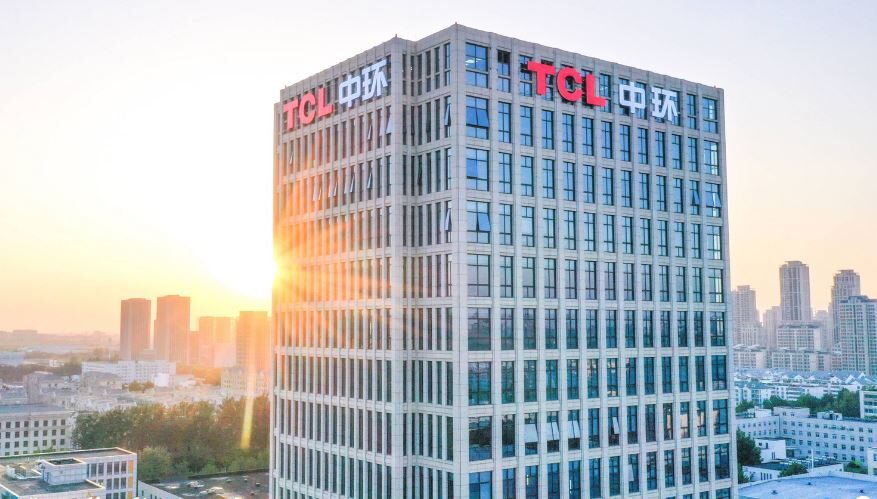Upon completion, minigrid systems ranging in size from 3 MW to 10 MW will help to provide electricity to 21,200 homes, as well as 2,100 buildings and small- and medium-sized enterprises. In an online statement, the bank said that it expects these projects to provide benefits to at least 150,000 people.
Amadou Hott, the bank’s vice-president for power, energy, climate change and green growth, expects the plan to significantly change the country’s energy sector. “The innovative scheme under this program is also expected to demonstrate viability for private sector led mini-grid financing, which will open up a market for mini-grid investment in sub-Saharan Africa. We hope to replicate the same model once this pilot demonstrates success,” Hott said.
The funds will be used to support the deployment of minigrids in the off-grid municipalities of Genema, Isiro and Bumba. The bank will draw upon a mix of private and concessional resources, including support from development partners such as the Green Climate Fund (GCF). Last October, the GCF board gave the go-ahead to provide $21 million to back minigrid development in the country.
“The long-term and concessional financing provided by the bank and the GCF, and potentially other donors, will enhance the commercial viability of the minigrid projects while ensuring affordable tariffs,” said Daniel Schroth, the African Development Bank’s acting director for renewable energy and energy efficiency. “The bank’s significant commitment, which is in line with its mission to deploy well-structured, innovative financing to power the continent, will provide additional comfort to investors.”
On top of the $20 million financing package, the Essor – Access to Electricity (A2E) initiative — which is backed by the U.K. government's Department for International Development — will continue to provide technical assistance to support minigrid auctions and projects led by the private sector. In addition, the African Development Bank — which is headquartered in Côte d'Ivoire — will provide a $1 million grant from the Sustainable Energy Fund for Africa to offer advisory services to the Congolese authorities regarding PV minigrid systems. The technical support plan will cover the development of a regulatory framework for minigrids, as well as feasibility studies.
The country’s limited grid coverage, which the bank estimates at about 10%, means that many Congolese citizens depend on diesel fuel and kerosene for lighting, cooking and electricity generation.
“Less than 1% of rural and 35% of urban areas have access to electricity from the national grid,” the bank said, noting that average on-grid electricity coverage stands at roughly 24.6% throughout sub-Saharan Africa as a whole. “(This) program will supply power to cities with sizeable populations, some of them with a few hundred thousand inhabitants, without any access to modern energy.”
Very little solar has been built in the country thus far, with statistics from the International Renewable Energy Agency (IRENA) showing that just 3.66 MW of PV had been installed by the end of 2017. However, the massive Central African nation is a major producer of lithium and cobalt — raw materials used to produce lithium-ion batteries for electric vehicles and stationary storage systems.
This content is protected by copyright and may not be reused. If you want to cooperate with us and would like to reuse some of our content, please contact: editors@pv-magazine.com.


4 comments
By submitting this form you agree to pv magazine using your data for the purposes of publishing your comment.
Your personal data will only be disclosed or otherwise transmitted to third parties for the purposes of spam filtering or if this is necessary for technical maintenance of the website. Any other transfer to third parties will not take place unless this is justified on the basis of applicable data protection regulations or if pv magazine is legally obliged to do so.
You may revoke this consent at any time with effect for the future, in which case your personal data will be deleted immediately. Otherwise, your data will be deleted if pv magazine has processed your request or the purpose of data storage is fulfilled.
Further information on data privacy can be found in our Data Protection Policy.